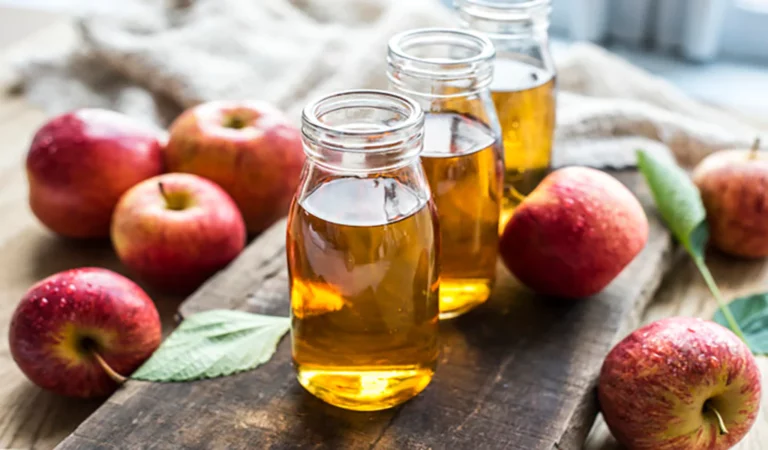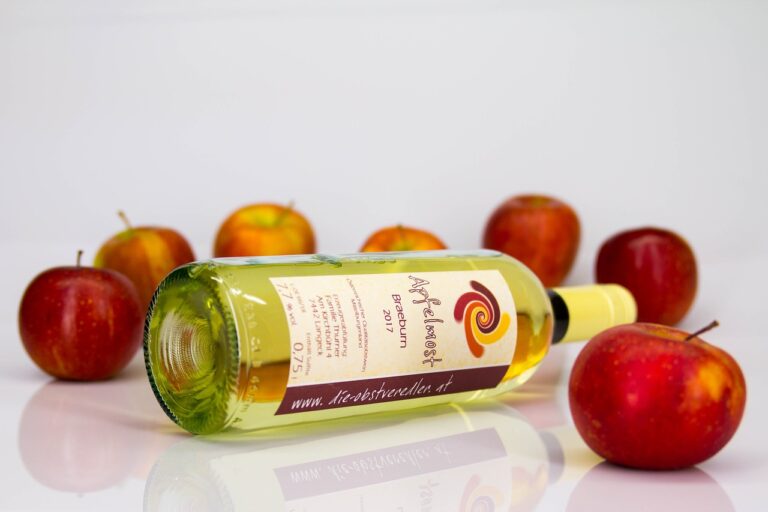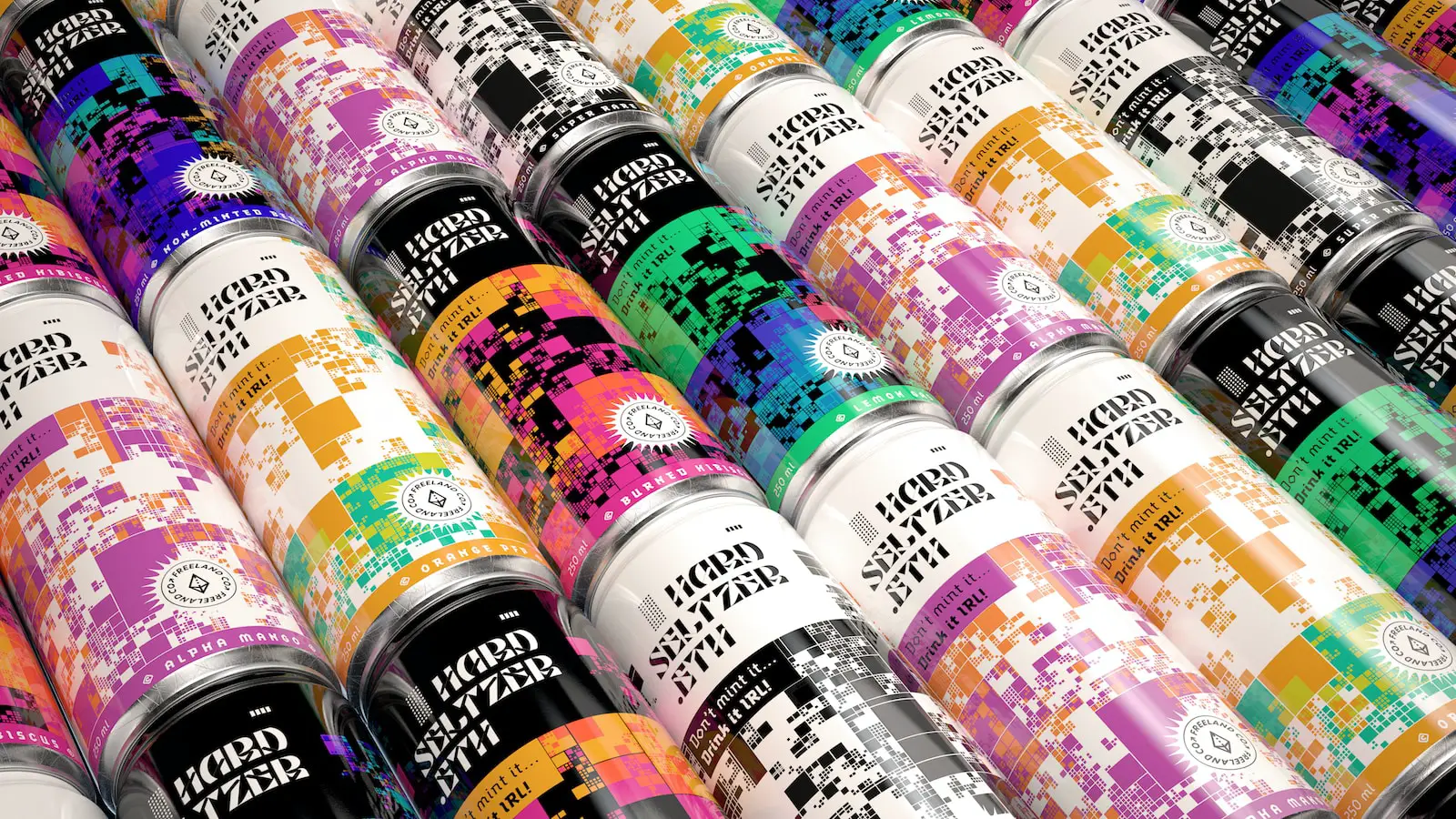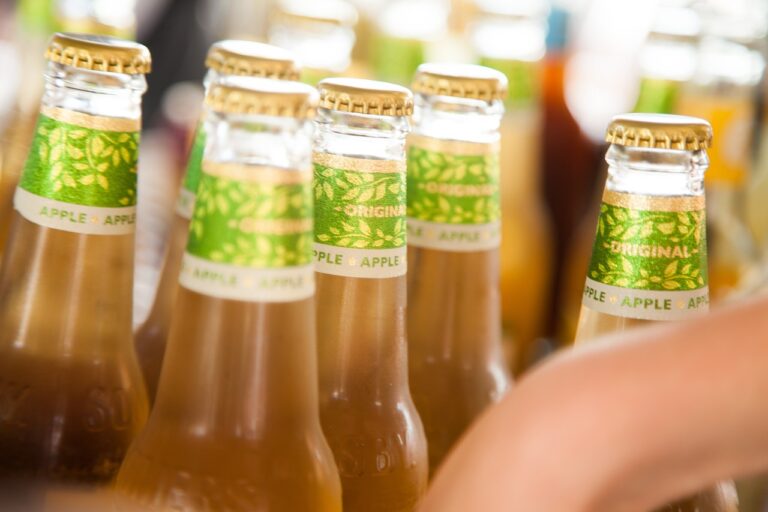Beer and liquor are two popular types of alcoholic beverages that are enjoyed by many people around the world.
Beer: Beer is made by brewing and fermenting grains, typically barley, wheat, and hops. It is a relatively low-alcohol beverage, with most beers containing between 4% and 6% alcohol by volume (ABV).
Liquor: Liquor, also known as spirits, is a type of alcoholic beverage that is made by distilling fermented grains, fruits, or vegetables. It is typically higher in alcohol content than beer, with most liquors containing between 35% and 50% ABV.
Both beer and liquor can be enjoyed on their own or as part of mixed drinks. They are also often used in cooking to add flavor to dishes.
The Differences Between Beer and Liquor
The main difference between beer and liquor is the ingredients and production process used to make them, as well as their alcohol content and flavor profile. Here are some key differences between the two:
Ingredients: Beer is made by brewing and fermenting grains, typically barley, wheat, and hops. Liquor, also known as spirits, is made by distilling fermented grains, fruits, or vegetables.
Alcohol content: Beer typically has a lower alcohol content than liquor, with most beers containing between 4% and 6% alcohol by volume (ABV). In contrast, most liquors have a higher alcohol content, with an ABV of 35% to 50%.
Flavor and taste: The flavor and taste of beer and liquor can vary widely depending on the specific type and brand. However, in general, beer tends to have a smoother, maltier flavor, while liquor tends to be more potent and have a stronger, more concentrated flavor.
Serving size: The serving size for beer and liquor can also vary depending on the specific type and brand. However, a standard serving size for beer is generally 12 ounces, while a standard serving size for liquor is 1.5 ounces.
Popular types: Some popular types of beer include ale, lager, porter, and stout. Some popular types of liquor include whiskey, rum, gin, vodka, and tequila.
The Pros And Cons Of Beer And Liquor
Like most things, both beer and liquor have their own set of pros and cons. Here are some of the potential benefits and drawbacks of each:
Pros of beer:
- May have some health benefits, including the potential to reduce the risk of heart disease and stroke
- Low in calories compared to some mixed drinks and cocktails
- Can be enjoyed in moderation as part of a healthy lifestyle
Cons of beer:
- High consumption can contribute to weight gain due to its carbohydrate content
- Can impair judgment and increase the risk of accidents or injuries when consumed in excess
Pros of liquor:
- Can be enjoyed in moderation as part of a healthy lifestyle
- Many types of liquor can be enjoyed neat or on the rocks, allowing for a more refined and sophisticated drinking experience
Cons of liquor:
- Higher in alcohol content than beer, making it easier to consume too much and increasing the risk of negative effects on the body and mind
- Can contribute to weight gain if consumed with high-calorie mixers
- Can impair judgment and increase the risk of accidents or injuries when consumed in excess
Type Of Alcohol In Beverages
Ethanol is the type of alcohol found in alcoholic beverages such as beer, wine, and liquor. It is produced through the fermentation of grains, fruits, or vegetables.
Alcohol found in alcoholic beverages is safe to consume in moderation. The other types of alcohol are not intended for consumption and can be dangerous if ingested.
Which One Is Better for You? Beer Vs Liquor
It’s not accurate to say that one type of alcohol is better for you than the other. Both beer and liquor can be enjoyed in moderation as part of a healthy lifestyle.
Here are a few things to consider when deciding whether beer or liquor is a better choice for you:
Alcohol content: Beer generally has a lower alcohol content than liquor, so it may be easier to drink in moderation.
Calorie content: Beer can be lower in calories compared to some mixed drinks and cocktails made with liquor. However, the calorie content of both beer and liquor can vary depending on the specific type and brand.
Health benefits: Some studies have suggested that moderate beer consumption may have potential health benefits, such as a reduced risk of heart disease and stroke.
However, it’s important to note that these potential benefits are not unique to beer and can also be obtained from other sources of antioxidants, such as fruits and vegetables.
Ultimately, the best choice for you will depend on your individual circumstances and preferences. It’s important to remember to drink alcohol in moderation and to balance your alcohol consumption with a healthy lifestyle.
How To Drink Responsibly
Drinking responsibly means drinking alcohol in moderation and making sure that your consumption does not negatively impact your own health or the health and safety of others.
Here are a few tips for drinking responsibly:
Set limits for yourself: It’s important to know your limits and stick to them. Consider setting a limit on the number of drinks you will have in a given period of time, and make sure to stop drinking once you reach that limit.
Know your alcohol content: Be aware of the alcohol content of the beverages you are drinking, as this can help you better gauge how much you are consuming.
Don’t drink and drive: Never get behind the wheel of a car if you have been drinking alcohol. Instead, arrange for a designated driver or use a ride-sharing service or public transportation.
Eat before or while you drink: Having food in your stomach can help slow the absorption of alcohol into your bloodstream.
Drink water: Alternate between alcoholic beverages and water to help stay hydrated and to pace yourself.
By following these tips, you can help ensure that your alcohol consumption is safe and responsible. Remember that it’s important to always drink in moderation and to never drink and drive.
Conclusion
In conclusion, both beer and liquor are popular types of alcoholic beverages that are enjoyed by many people around the world.
They are made using different ingredients and production processes, and they have different alcohol content and flavor profiles.
It’s not accurate to say that one type of alcohol is better for you than the other. Both can be enjoyed in moderation as part of a healthy lifestyle.
However, it’s important to remember that drinking any type of alcohol in excess can have negative effects on your health and well-being.
The key to enjoying alcohol responsibly is moderation. This means not drinking too much and making sure to balance your alcohol consumption with other healthy habits, such as eating a nutritious diet and staying active.










